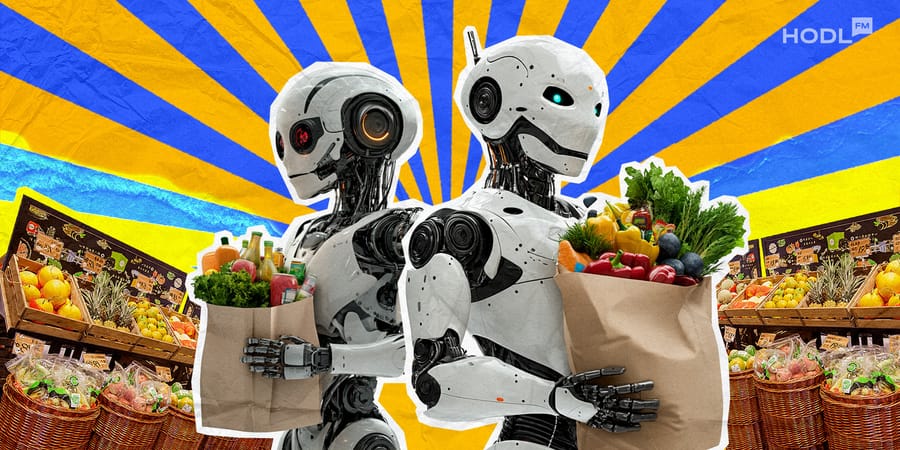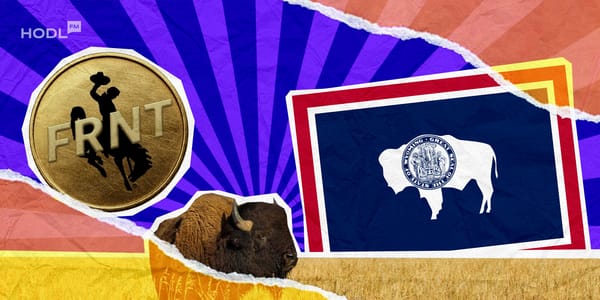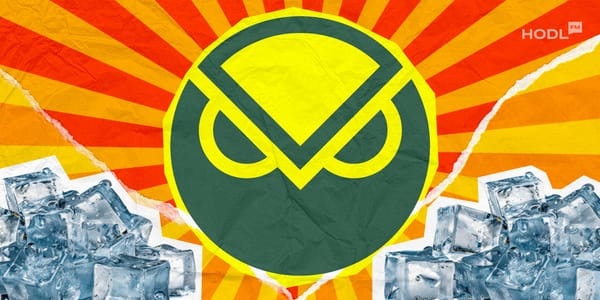So, here's the cold, hard truth: food fraud is a billion-dollar headache, stealing up to $50 billion from the global food industry every year and putting our health at risk. But guess what? Blockchain might just be the weapon we need to stop this slippery crime in its tracks, if we can get past the roadblocks.
The issue? Well, it’s a pricey one. Scalability, costs, clunky systems, privacy drama, and a pile of red tape make it a bit of a headache to fully adopt blockchain. Still, food fraud isn't backing down.
As David Carvalho, CEO of Naoris Protocol, so casually points out:
“Food fraud’s a big deal, costing the global food industry anywhere from $30 billion to $50 billion annually. Sure, that’s a small slice of the $12 trillion pie, but it’s still a chunk the size of Malta’s GDP. Think about that.”
So, what’s the plan to tackle it? And how can blockchain swoop in like a knight in shining armor?
Food Fraud: Sneaky and Costly
The Food and Agriculture Organization of the United Nations (FAO) defines food fraud as any intentional trickery about the food's quality or content for a quick buck. We're talking substitution, dilution, mislabeling, theft, and counterfeit products.
And the fraud? Oh, it’s sophisticated. From melamine-tainted milk in China (remember that nightmare?) to horsemeat posing as beef in Europe, and olive oil getting watered down with cheaper oils, food fraud is as sneaky as it is widespread.
The real toll is shocking. The financial hit is bad enough, but the reputational damage and legal nightmares are the real killers. In fact, the 2008 melamine scandal harmed over 300,000 infants. That’s no small deal.
As Temujin Louie, CEO of Wanchain, explains, food fraud creates a vicious cycle: fraud leads to health scares, consumer trust dives, and sales plummet. The whole industry feels it.
Why the Supply Chain's a Breeding Ground for Fraud
Global food supply chains are complicated and opaque, which means they’re prime real estate for fraud. The cold chain is especially vulnerable.
When cold chain logistics fail, food spoils. But fraudsters don’t care, they’ll slap a fresh label on it and pass it off as top-notch. And let’s be real, fraud isn’t just about high-end products. Dairy, spices, seafood, honey, and juices get targeted too.
David Carvalho nails it:
"Fragmented data systems are the food fraud culprit’s best friend. Companies have their own tracking systems, but they don’t talk to each other, creating ‘information islands.’”
Translation: products slip through the cracks, and no one knows they’re fake until it’s too late.
Enter Blockchain: The (Almost) Perfect Food Fraud Fix
Here’s where blockchain steps in. This technology could revolutionize the game, but it’s not without its hurdles. Temujin Louie, CEO of Wanchain, has some skepticism,
“After 10+ years since Ethereum, we still haven’t seen a true game-changer in supply chain accounting,” he warns.
But blockchain’s core strengths, decentralization, immutability, and transparency, could reshape how we track food. Once data is on the chain, it’s tamper-proof. Plus, with smart contracts, we could automate everything from supply chain audits to compliance checks.
What really takes it up a notch? Internet-of-Things (IoT) sensors working with blockchain can track environmental conditions (think fridge temps), and that means the cold chain can be monitored in real-time—no more fishy “fresh” goods.
Blockchain’s Big Breakthroughs Are Already Happening
But it’s not just talk, real-world applications are already proving blockchain works. Walmart is teaming up with IBM to use Hyperledger Fabric to track pork in China and mangos in the US, cutting trace times from days to seconds. Platforms like TE-Food and Provenance are bringing transparency to food safety with blockchain-powered traceability.
Carvalho and Louie agree: blockchain's power lies in its ability to create a system built on verifiable data, not trust in third-party certifications. Blockchain is the transparency we’ve been waiting for.
But Blockchain Isn’t a Magic Wand
Here’s the catch: blockchain isn’t some perfect solution. Scalability, cost, and integrating with old systems? Yeah, those are still issues. Plus, there's always the ‘garbage in, garbage out’ problem; if the data fed into the blockchain is false, well, the chain can’t fix that.
External devices like IoT sensors can also be tampered with, and manual data entry is prone to error or manipulation. A perfect trace record doesn’t help if someone’s feeding it fake info from the start.
Plus, there’s the ever-present issue of privacy concerns. Sharing supply chain data can expose companies to risks, and there’s the matter of regulations, which are still evolving. Louie suggests a more realistic approach: “Start small, focus on clear use cases, and build robust governance.” That’s how you make it work.
A Future Where Blockchain Keeps Food Honest
As we move forward, the real magic happens when blockchain combines with IoT, AI, and other innovations. Think real-time data tracking, AI spotting fraud, smart packaging, and automated tests, all making food safer and more transparent.
The future’s bright, but blockchain alone won’t do the trick. We need to rethink business processes, invest in training, and create collaborative, data-sharing cultures. As Carvalho points out, “Technology’s just the starting point. Industry-wide standards and collaboration are the real game-changers.”
The fight against food fraud is expensive, but blockchain could be the game-changer the global food system desperately needs, turning a $50 billion problem into an opportunity for safer, more transparent food systems. Let’s hope blockchain finally delivers where others have failed.

Disclaimer: All materials on this site are for informational purposes only. None of the material should be interpreted as investment advice. Please note that despite the nature of much of the material created and hosted on this website, HODL FM is not a financial reference resource, and the opinions of authors and other contributors are their own and should not be taken as financial advice. If you require advice. HODL FM strongly recommends contacting a qualified industry professional.





